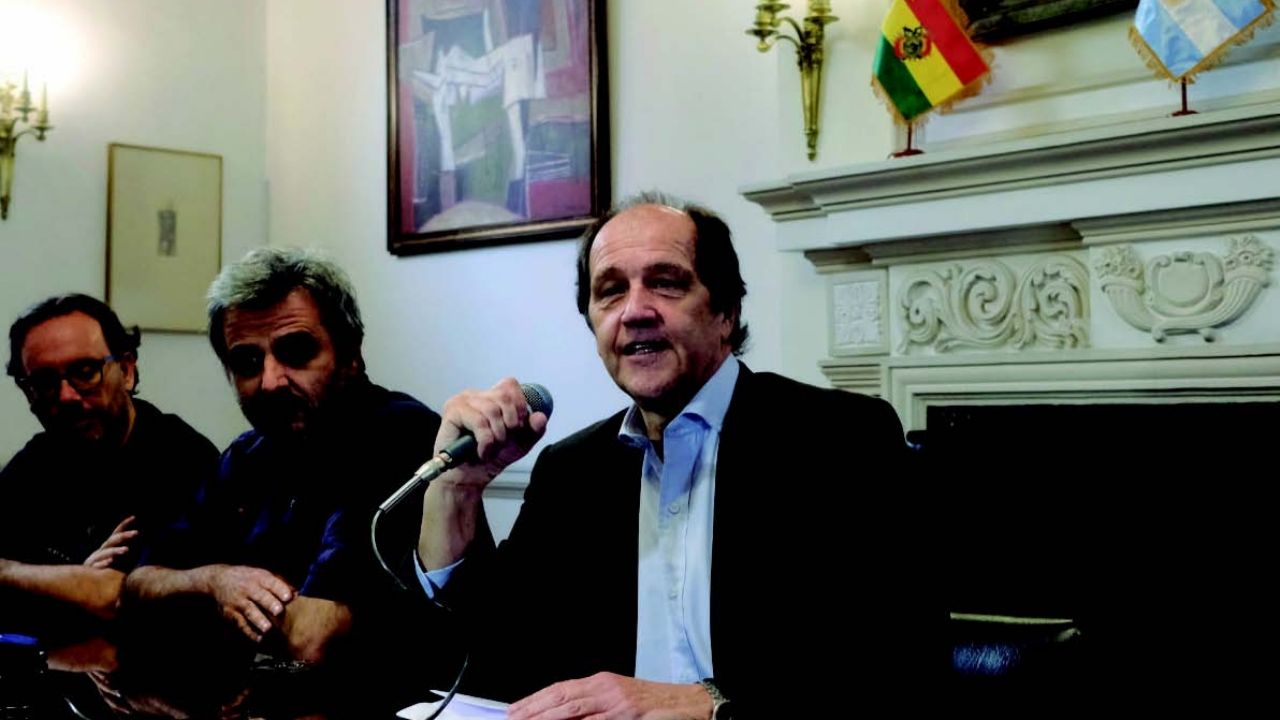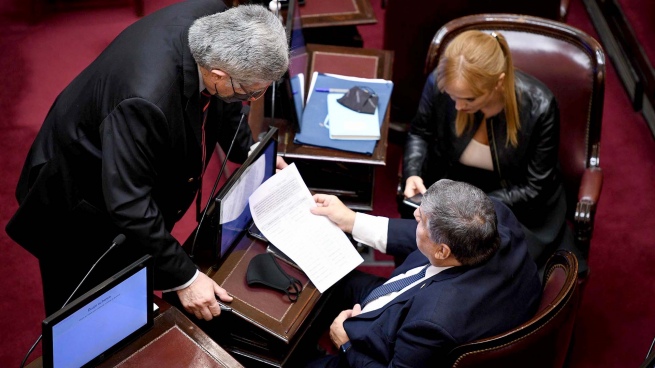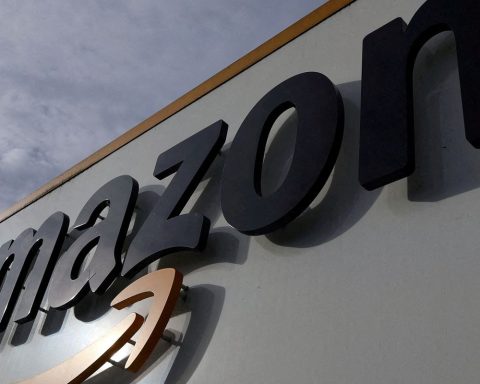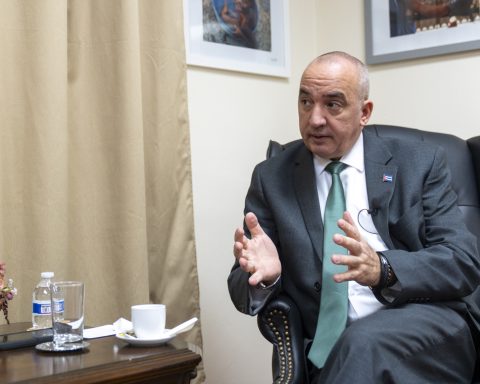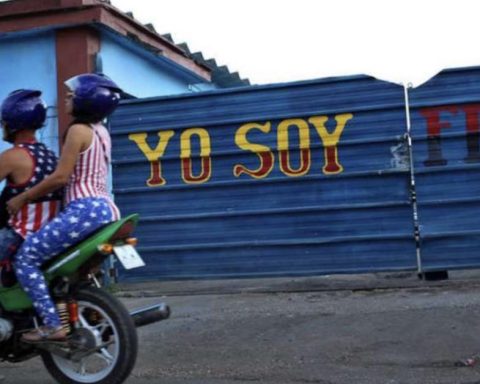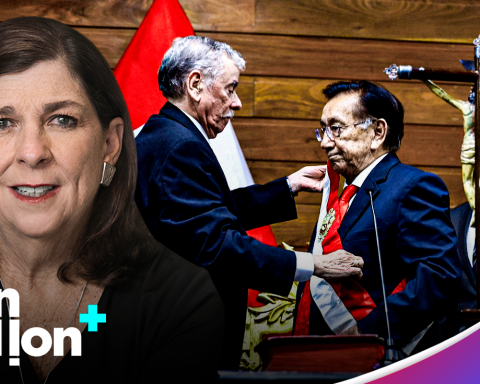Page Seven / La Paz
In Argentina they report a closed agreement. Bolivia will send 16 million cubic meters of gas per day (MMmcd) in winter and will ask the neighboring country to guarantee the supply of flour.
“We came with a supply of 7.5 MMmcd from Bolivia and this week between 10 and 11 million will arrive. By the middle of the year it will be around 16 million meters,” said Agustín Gerez, head of Ieasa, who participated in the meetings with YPFB, Clarín reported.
But as far as the agreement with Bolivia is concerned, it is already closed, according to Ieasa, which is the company responsible for these operations. Gerez was giving the stitches to details to the different documents for the understanding, in accordance with the Secretary of Energy, Darío Martínez. “This negotiation was made by Ieasa with YPFB,” Gerez said.
The Argentine ambassador to Bolivia, Ariel Basteiro, told the Telam agency that the fifth addendum expired on December 31, 2021 “had been postponed without the possibility of agreement” between Ieasa and YPFB, due to the impossibility of the neighboring country to commit the shipment of the volumes of gas that Argentina needs in winter.
The agreement began to accelerate with the meeting of presidents Luis Arce and Alberto Fernández in Chile, on the occasion of the inauguration of trans-Andean president Gabriel Boric. “Alberto Fernández raised with Arce the need to resolve the issue of gas supply, from which an exchange of technical proposals began that allowed today (yesterday) to be very close to an agreement,” said Basteiro.
As part of these negotiations, the diplomatic representative said that Bolivia is asking Argentina to guarantee wheat shipments for local flour production and maintain the historical levels required by the Bolivian market.
The Telam report shows that the agreement that the presidents could close this week foresees “a shipment of gas from Bolivia greater than what it delivered last year, between 16 and 18 million cubic meters per day for the winter months” , which is equivalent to an average improvement of around 20% compared to the 14 million cubic meters that Argentina received in 2021 and 30% higher than in 2020.
“Bolivia’s decision is very strong and committed to seeking a solution to Argentina’s requirement,” Basteiro stressed, explaining that the Arce government decided to reduce gas shipments to Brazil to meet the goals.
The agreement will be endorsed tomorrow, Thursday, by the two leaders in Buenos Aires, quotes the agency Telam.
